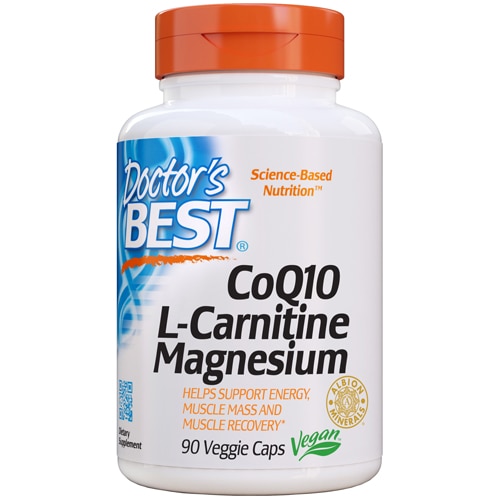You’ve talked with your doctor about that nagging cough. You’ve shared details about your digestive problems. You’ve chatted with your physician about preventing breast cancer.
But have you ever had a conversation with your doctor or other primary healthcare provider about vitamin and mineral supplements? Before you add even one vitamin or mineral supplement to your regimen, it’s wise to consult with a healthcare professional to ensure you’re approaching it the proper way.
And, believe it or not, some healthcare professionals actually welcome your inquiries about vitamins and minerals. Dr. Jared Heathman, a Houston psychiatrist, says he finds it “quite refreshing” when patients pose questions about dietary supplements.
Here are five things you should do when you have the vitamin talk with your healthcare professional.
1. Bring vitamins with you.
Coming to your visit with your vitamin and mineral supplements enables your healthcare professional to learn precisely what’s already in your arsenal of dietary supplements.
“This is vitally important because vitamins and herbal supplements can have significant interactions with prescribed medicines used for the treatment of cancer or heart disease, or prevention of strokes,” says Dr. Katisha Vance, a board-certified internist, medical oncologist and hematologist in Birmingham, Alabama.
2. Be honest.
Tell your healthcare provider about every vitamin, mineral supplement, herbal supplement or medication you’re already taking, as you want to avoid any harmful interactions that a new supplement might trigger.
A study published in 2016 found that nearly 70 percent of study participants who reported taking prescription drugs and dietary supplements at some point in the past year said they hadn’t told their doctors about using those supplements, according to WebMD.
The National Institutes of Health suggests informing other professionals, like your pharmacist and your dietitian, about your use of dietary supplements.
3. Weigh the value.
Make sure you ask whether a vitamin or mineral supplement you’re thinking about taking is really necessary. For instance, maybe you’re already getting enough of a certain vitamin from your day-to-day diet.
If you and your healthcare professional agree it’s a fine to take a vitamin or mineral supplement, find out about the potential health benefits, says registered nurse Ashley Wood, a contributor to the Demystifying Your Health website. For instance, is this supplement supposed to boost your immunity or improve your eye health?
When used properly, vitamin and mineral supplements “can be tremendously helpful in achieving and maintaining excellent health,” Vance says.
Harvard Medical School says a variety of medical issues might cause dietary deficiencies that can be corrected with vitamin or mineral supplements; these include inflammatory bowel disease and osteoporosis. Also, people who possibly lack certain vitamins in their diet, such as vegans and vegetarians, might need to narrow the gap with dietary supplements.
Keep in mind, as the National Institutes of Health points out, that supplements shouldn’t substitute for the many foods that are key ingredients in a healthy diet. Don’t rely solely on supplements for your recommended daily intake of vitamins and minerals, the American Heart Association says.
4. Learn about the risks.
Be sure to question the possible safety risks of taking any vitamin or mineral supplement.
This includes the consequences of taking too much of the supplement, whether that means a higher-than-recommend daily dosage or a longer-than-recommended cycle.
Additionally, certain supplements can interfere with your health. For instance, antioxidant supplements like vitamins C and E might reduce the effectiveness of some types of chemotherapy, according to the National Institutes of Health.
Wood warns against taking a vitamin or mineral supplement unless you’re clear about the risks and the dosing recommendations.
“Vitamins are not dangerous unless you get too much of them,” says Vasilios Frankos, one of the country’s foremost experts on dietary supplements. “More is not necessarily better with supplements, especially if you take fat-soluble vitamins.”
5. Ask about testing.
Dr. Chirag Shah, a board-certified emergency medicine physician who’s a medical reviewer at medical information website PollMed, says you should ask your healthcare professional whether any lab testing is recommended before adding a vitamin or mineral supplement to your routine. However, Vous Vitamin LLC, a producer of personalized vitamins, notes that blood tests aren’t needed to determine which vitamins or minerals you should take.




